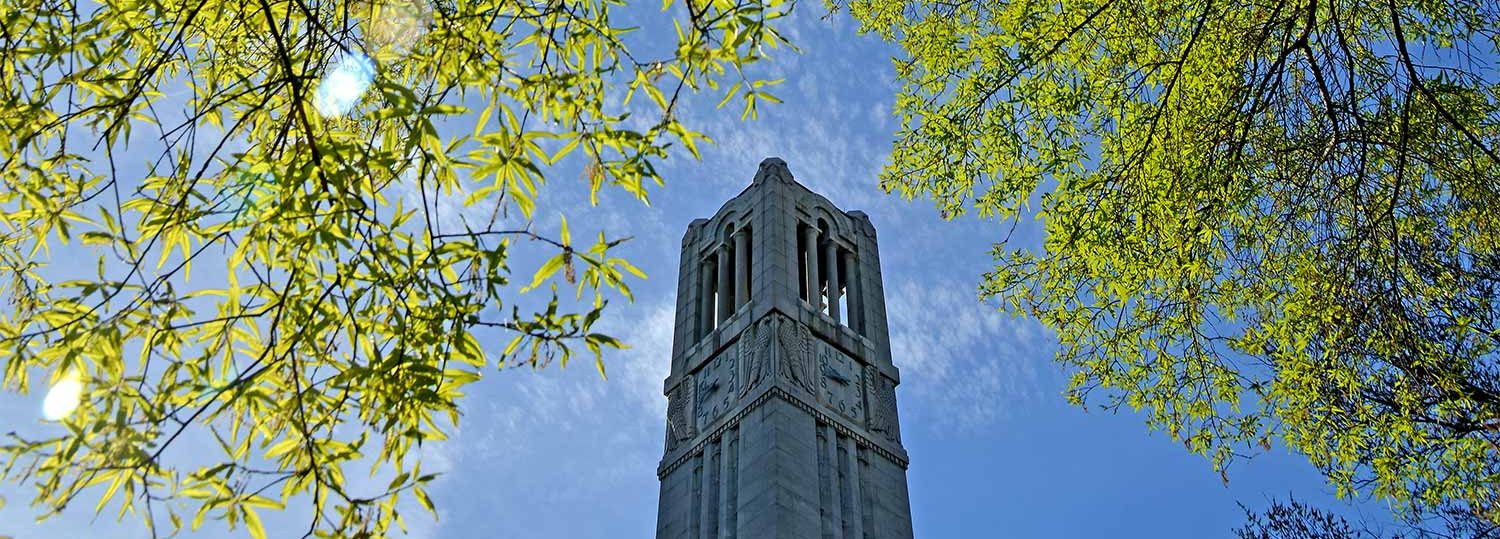
NC State’s 2017 Sustainability Report
In this 2017 Sustainability Report, you will find the difference one year makes in NC State’s goal of becoming a more sustainable university.
From growth in sustainable infrastructure on campus to new real-world sustainability experiences for students, this year’s efforts further integrate sustainability into the university’s mission of teaching, research, operations and outreach.
Our university community’s Think and Do spirit is turning ideas into action and contributing toward a more sustainable future for our community, state, nation and world.
Together, we are developing leaders and solutions for challenges impacting our environment, economy and society.
NC State Chancellor Randy Woodson
Academics
2016-2017 Progress and Highlights
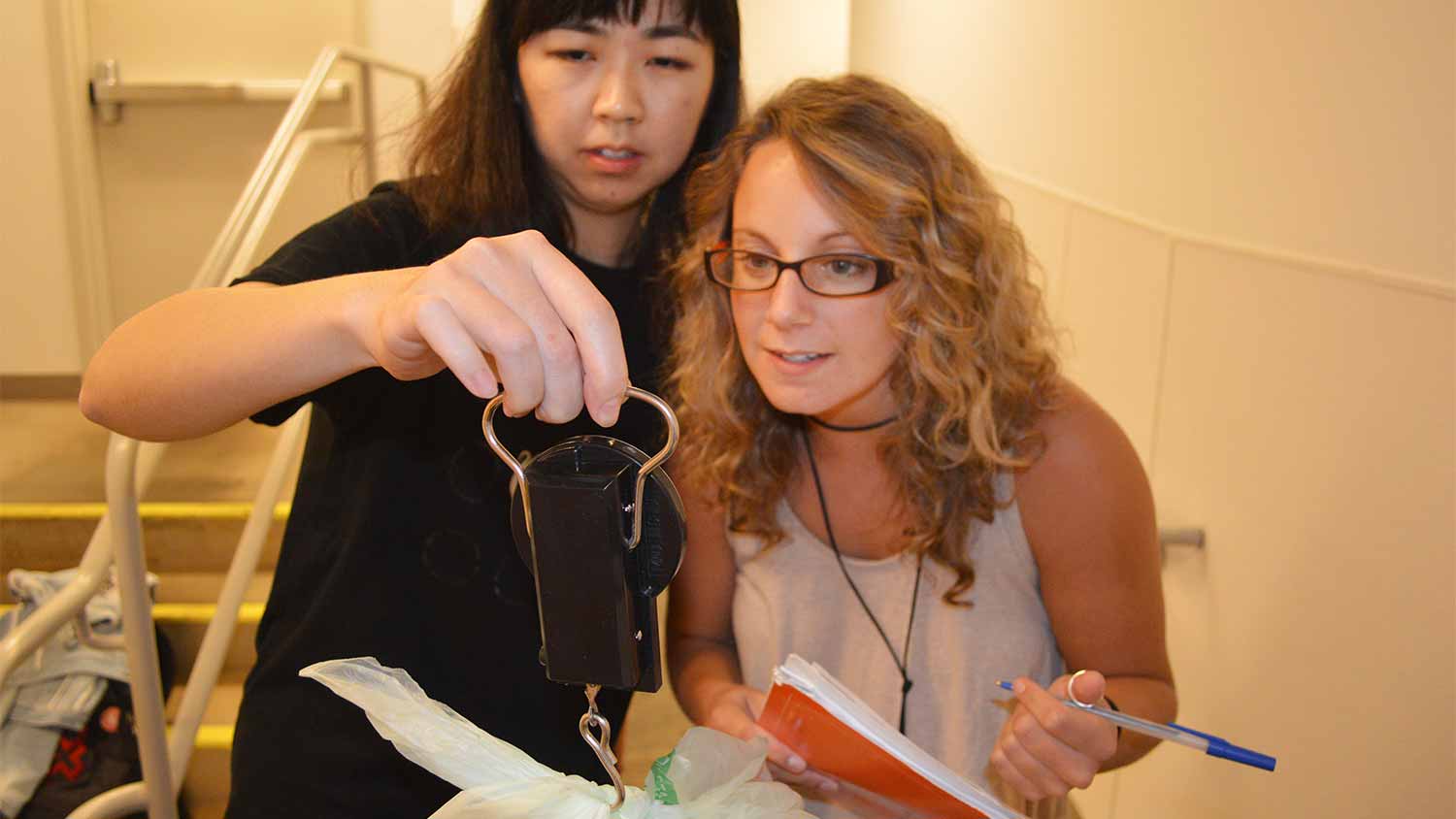
Students in a fall 2016 graduate psychology course researched and designed a paper towel composting system for Talley Student Union.
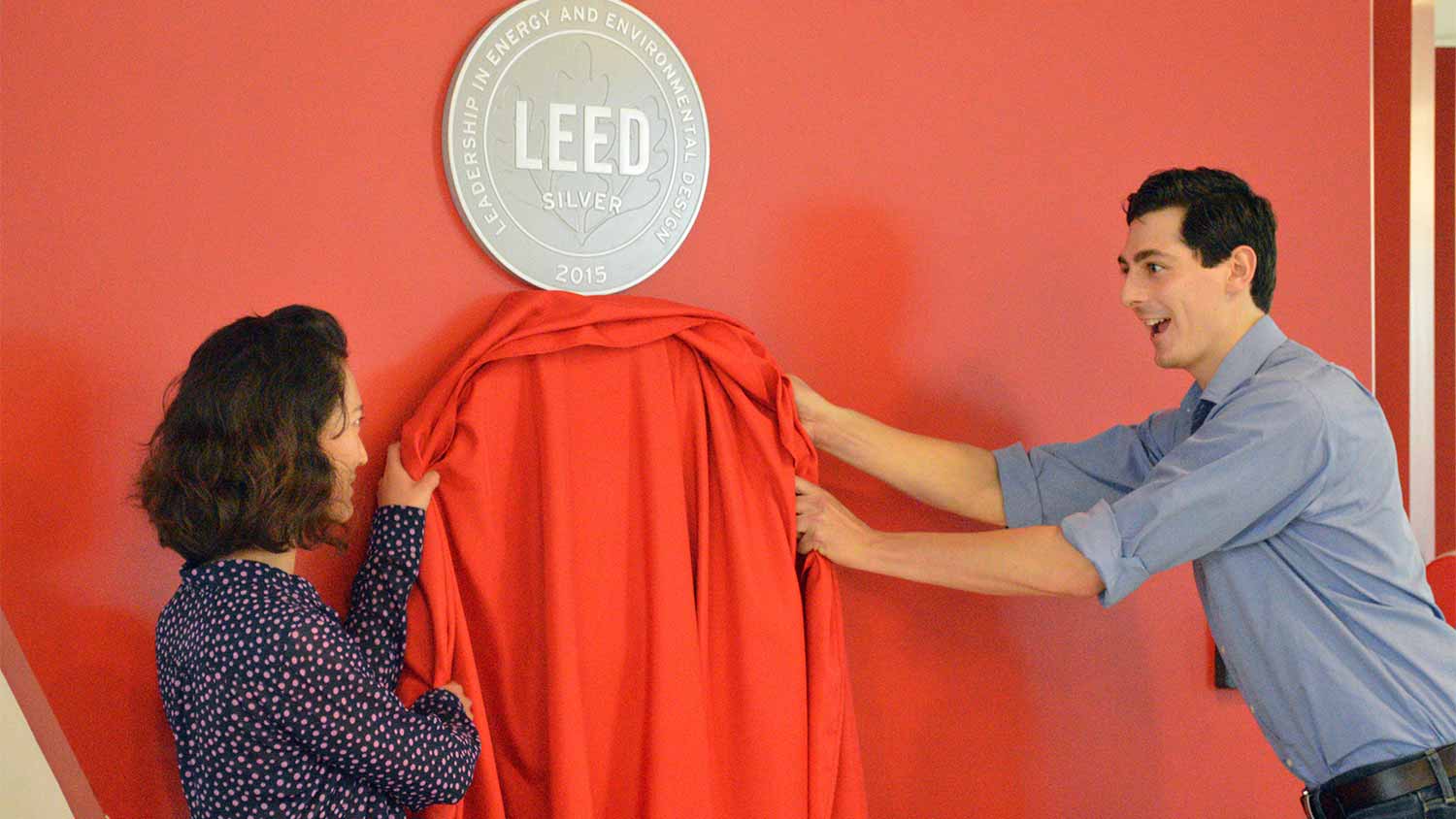
Students in an interdisciplinary architecture class led Talley Student Union to pursue a second LEED certification for sustainable operations and maintenance.
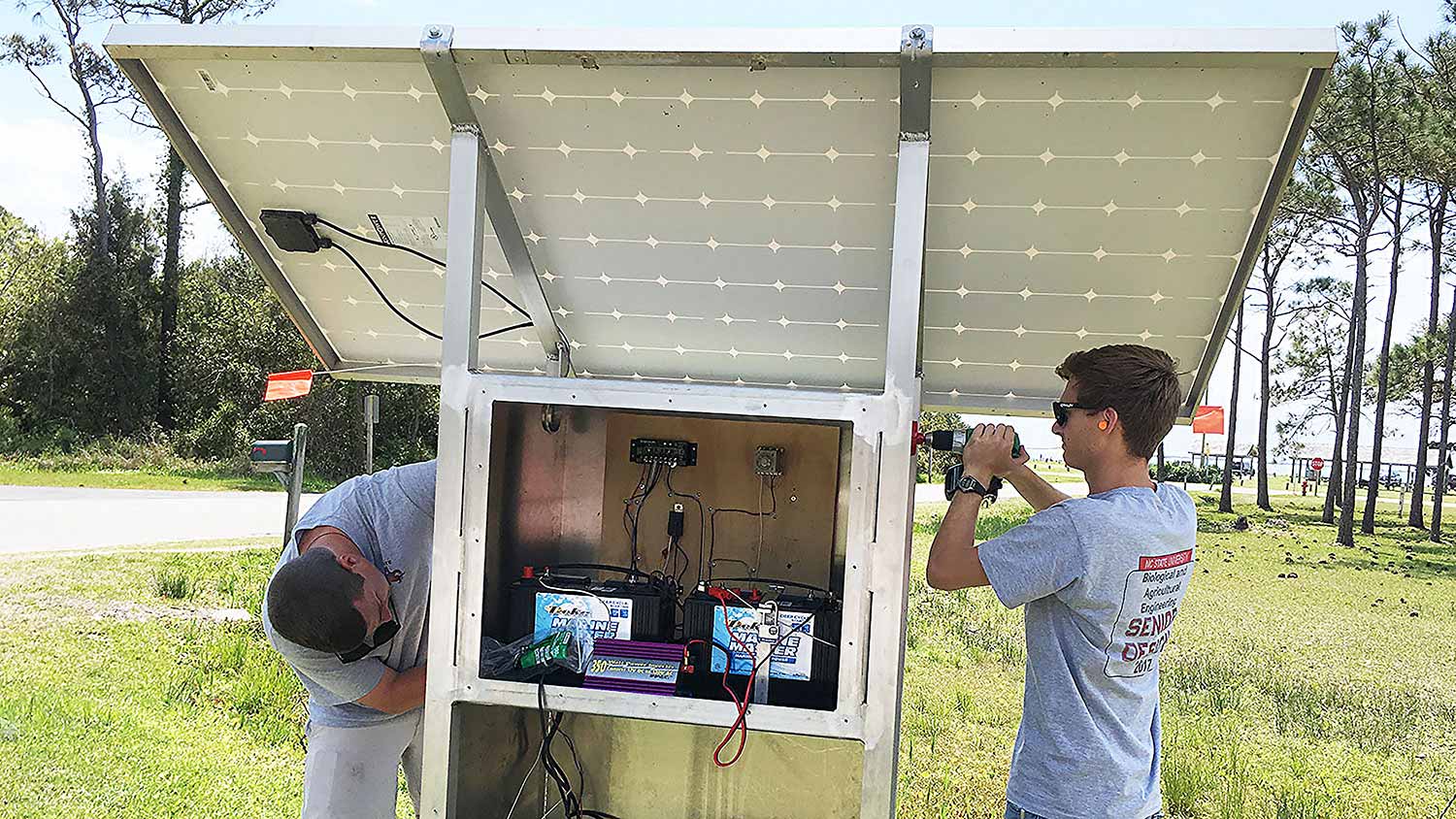
With a solar-powered pump, Biological and Agricultural Engineering students restored wetlands on Harkers Island, N.C.
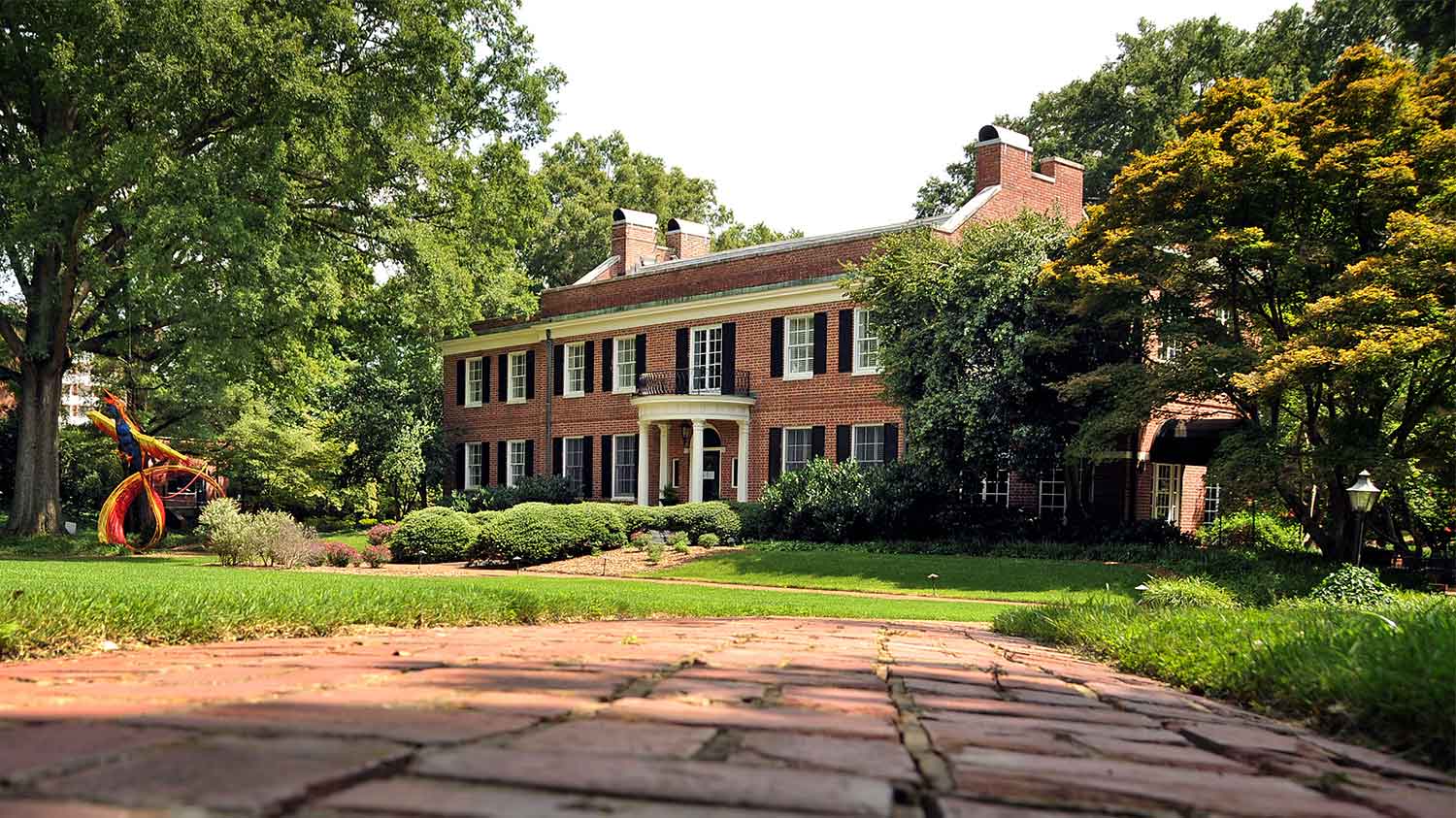
Horticulture students designed a pollinator garden at the newly-renovated Gregg Museum on campus.
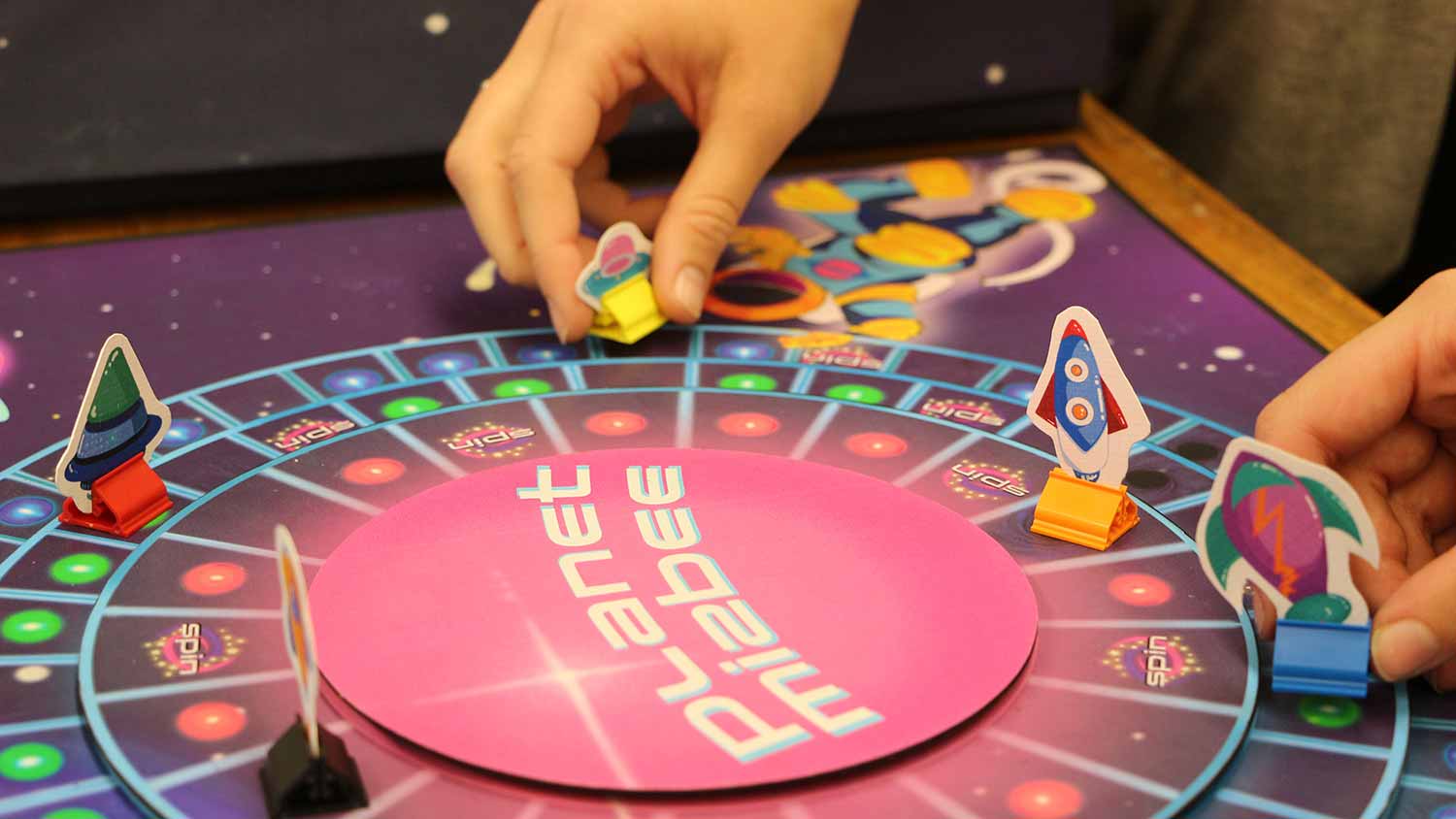
Students in an Art + Design Studio course created educational games to teach children about sustainability.
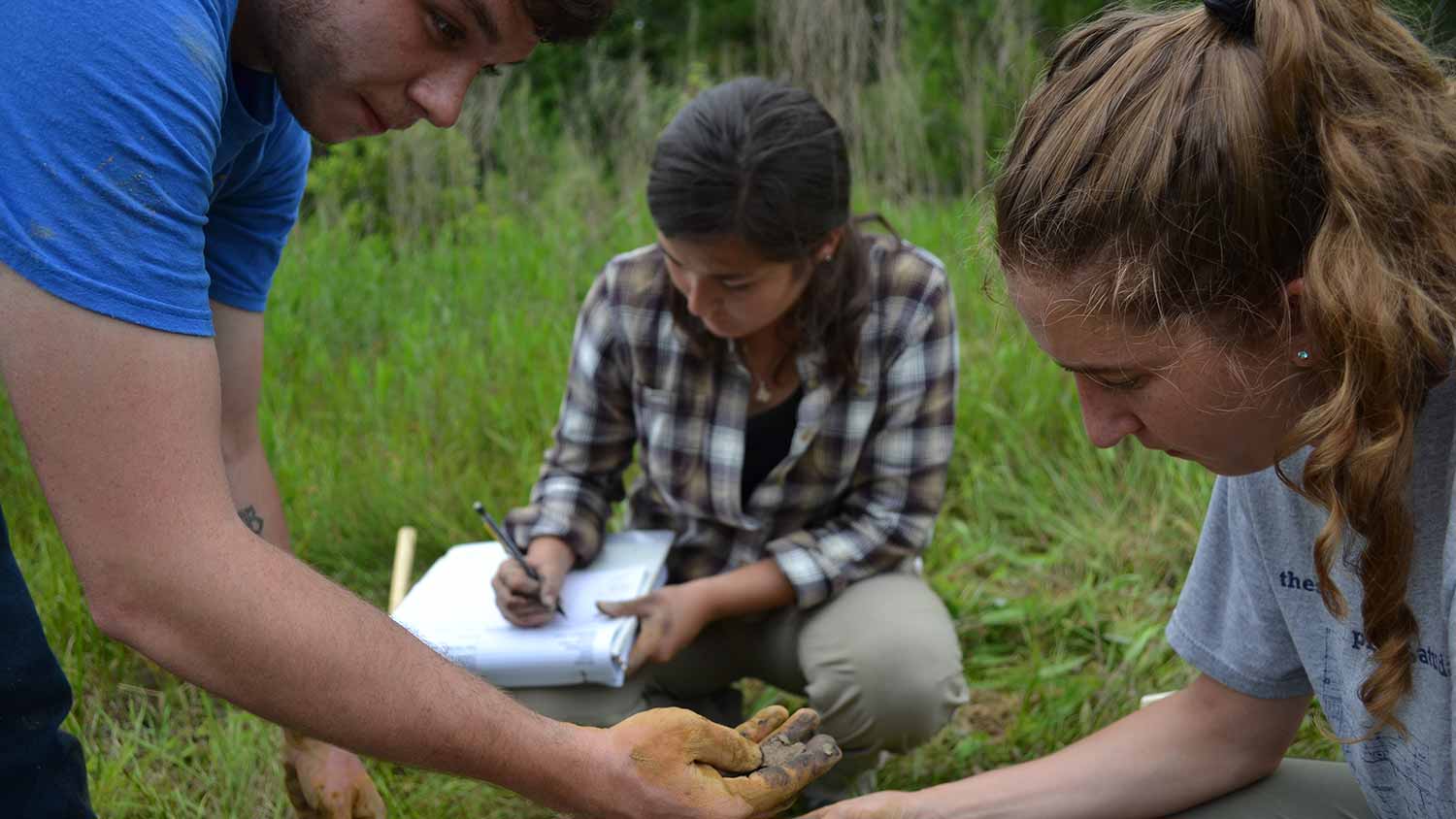
NC State received a three-year grant from the National Science Foundation to offer the only U.S. soils-related research experience for undergraduates.
Community and Culture
2016-2017 Progress and Highlights

In March 2017, the Nile Project concert, featuring musicians from the Nile region of Africa, launched campus-wide dialogue and programming about social change and sustainability. The concert was one of several Arts NC State events featuring sustainability themes.
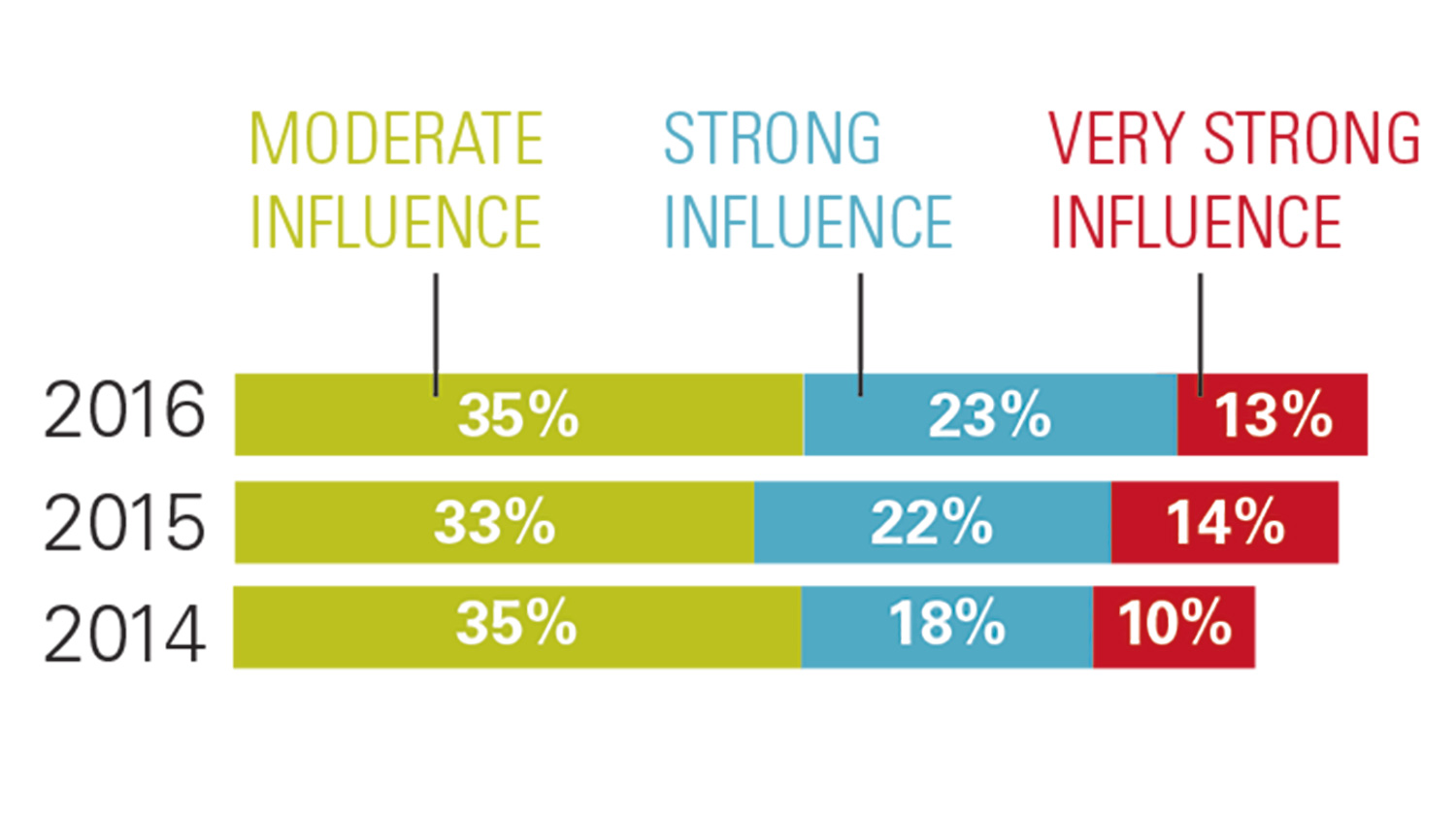
71% of incoming NC State students in 2016 indicated the university’s commitment to the environment and sustainability influenced their decision to attend NC State.
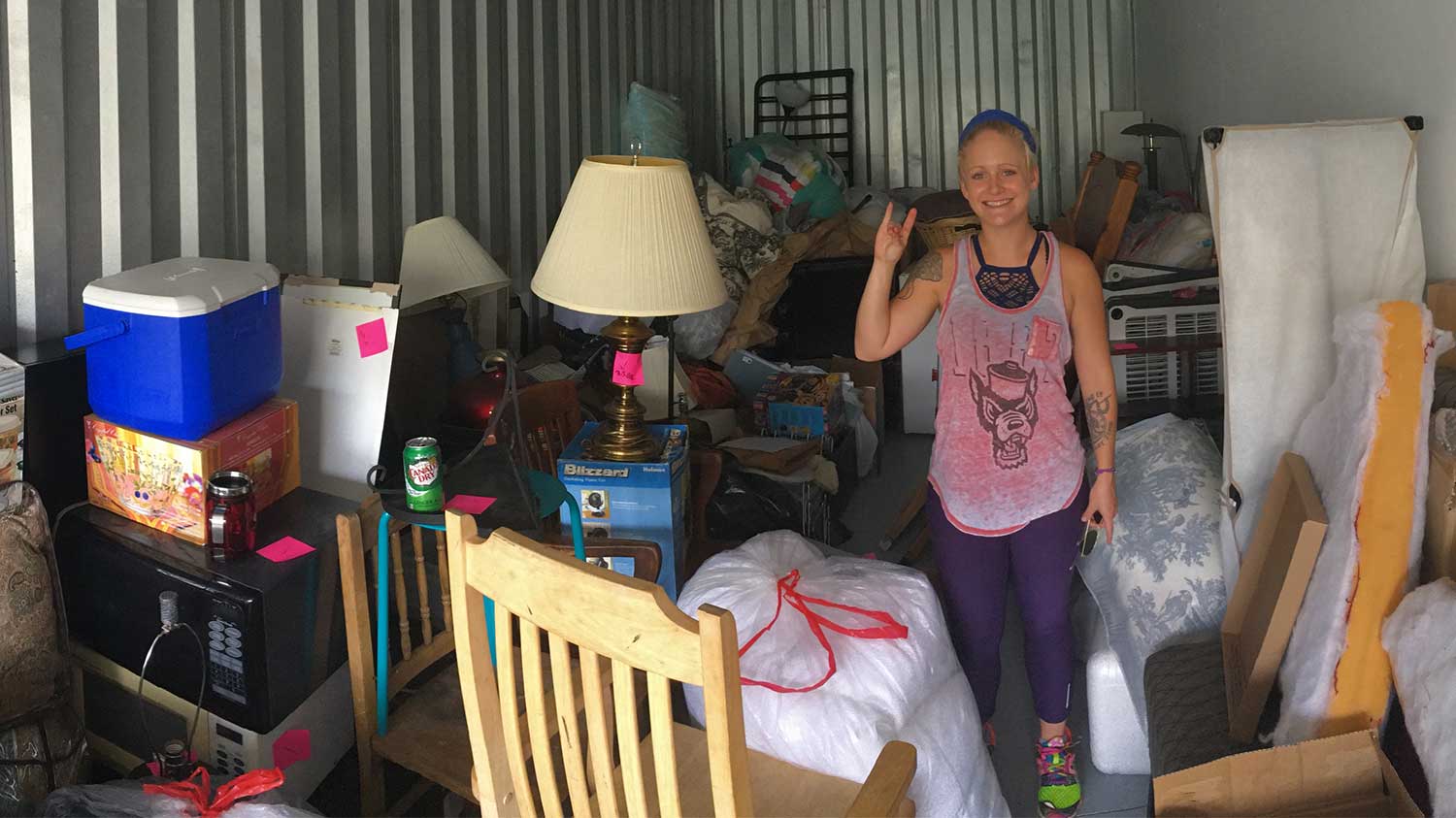
What if a program existed to connect under-resourced students with lightly used home furnishings that would otherwise go to local landfills? Then student Taylor Spoon received a grant from NC State’s Sustainability Fund to pilot Pack2Pack, which connected students with resources.
145 sustainability-related events on campus during fiscal year 2017.
58 campus events were part of NC State’s 2017 Earth Month.
46 campus events achieved sustainability certification during fiscal year 2017.
31 campus workplaces achieved sustainability certification during fiscal year 2017.
In September 2016, NC State’s Institute for Nonprofits added local social entrepreneur Aly Khalifa as the Social Entrepreneur-in-Residence through 2018.
Cooperative Extension piloted a program teaching elementary school students about integrated pest management (IPM), an approach that minimizes risks to human health, beneficial organisms and the environment.
NC State’s historic Build-A-Block project with Habitat for Humanity resulted in 11 new homes for families in need of quality, affordable housing.
The Wolfpack Citizen Science Challenge joined researchers and community members in placing camera traps across the natural landscape, recording hundreds of animals on campus and in the Raleigh area.
Thirteen sustainability projects will be implemented on campus in fiscal year 2018 thanks to $179,000 in grants from the NC State Sustainability Fund.
- Roof-top garden on Talley Student Union
- Solar-powered athletic scoreboards
- On-campus composting facility
- Composting program in Wolf Village Apartments
- Student development of solar-powered vehicle
- Solitary bee nesting habitats
- Expansion of a student-built aquaponics system
- Research on healthy urban trees
- Make-a-thon, a sustainability innovation competition
- Campus disposal bin for prescription medications
- Two improvement projects at student SOUL Garden
- Educational campaign about food sustainability
33 student teams entered the Social Impact category of the Lulu eGames, NC State’s entrepreneurship competition. The category winner, Viemetrics, developed a low-cost, portable device to predict asthma attacks.
3 N.C. nonprofit organizations received mini-grants from NC State’s Center for Human Health and the Environment in fiscal year 2017 to address community environmental issues including air quality and lead.
In fall 2016, Staff Senate and College of Textiles students both held clothing drives that helped low-income families while also reducing clothing waste in landfills.
NC State’s McKimmon Center for Extension and Continuing Education offered the following:
- 15 McKimmon Center sustainability-related events or conferences engaging 1,863 participants
- 39 sustainability-related events for members of the Osher Lifelong Learning Institute (ages 55 )
- 15 sustainability-related professional development courses
- 248 additional sustainability-related events engaging 11,500 people in areas of N.C. beyond Raleigh
Student Leadership
2016-2017 Progress and Highlights

102 students participated in the 2nd annual campus Make-a-thon sustainability innovation competition.
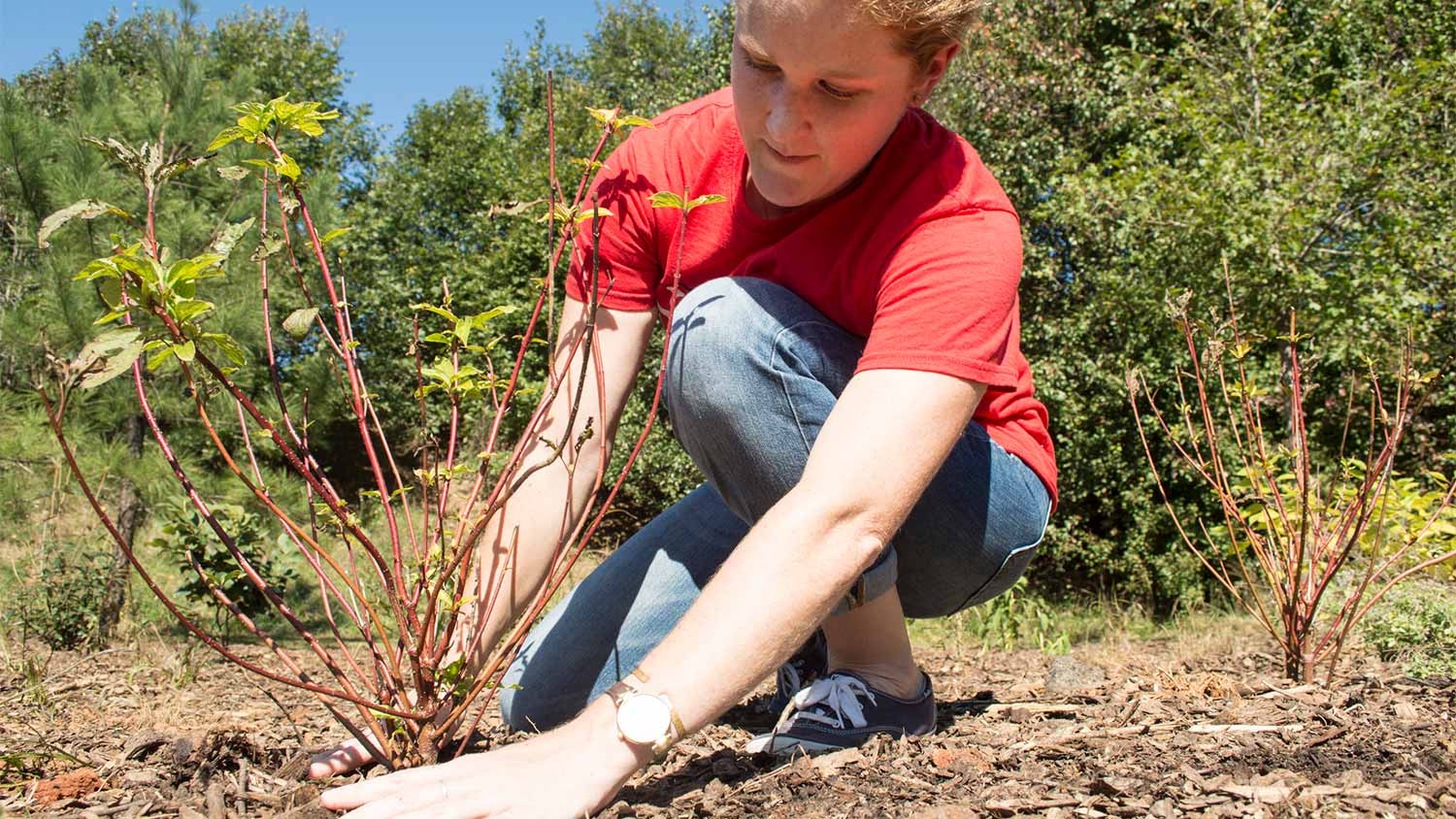
Student Melissa Tinling received a grant from NC State’s Sustainability Fund to design and build a Centennial Campus pollinator garden in collaboration with Grounds Management.
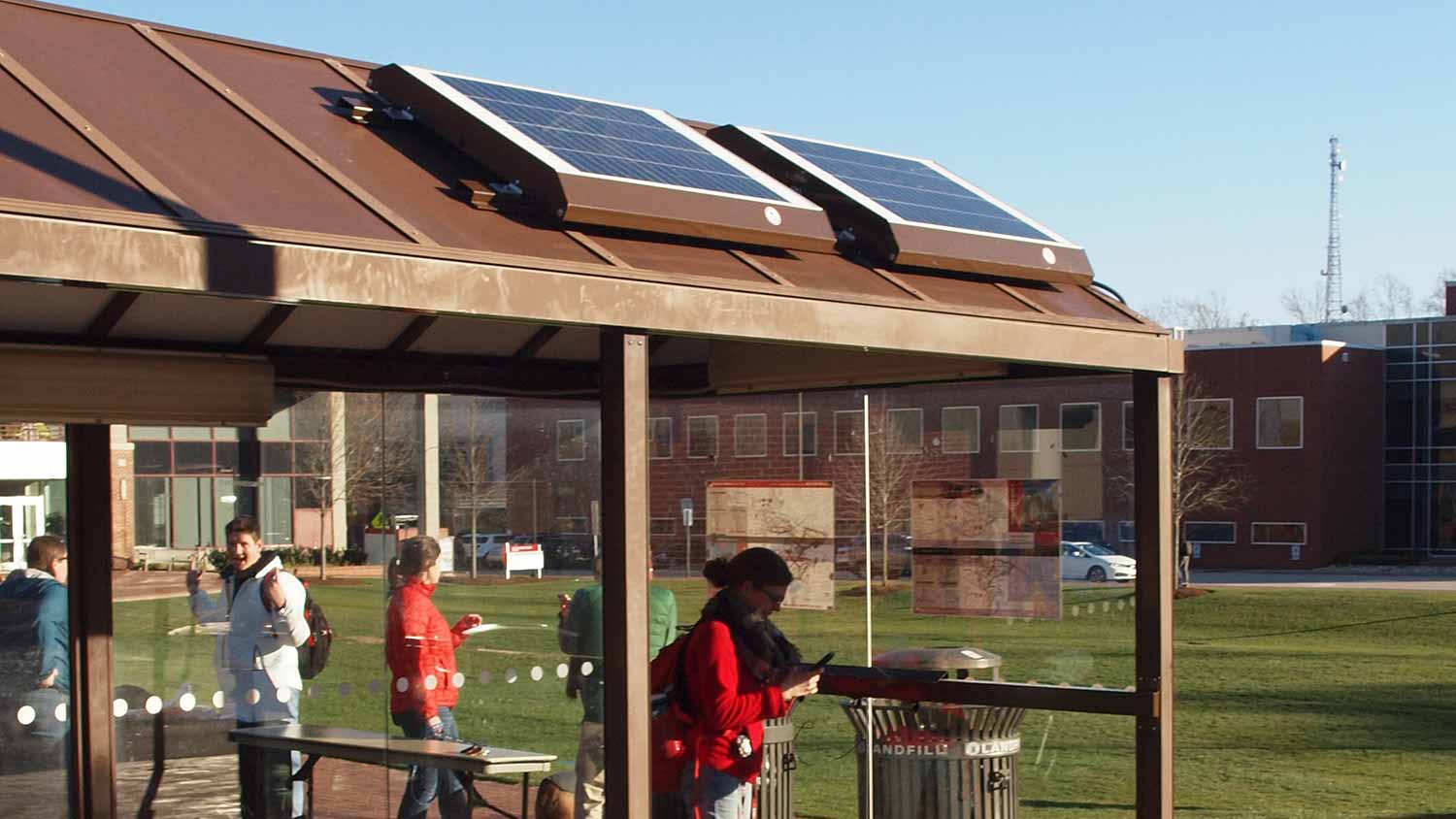
With funding from NC State’s Sustainability Fund, students coordinated the installation of a solar-powered charging station at a popular campus bus stop on Dan Allen Drive.
32,080 pounds of reusable material and 1,300 pounds of food were donated by students during residence hall move out. Donations went to a local nonprofit and the campus Feed The Pack food pantry.
Student Mallory Barrett won Best Student Design in the Cradle to Cradle Product Design Challenge for designing a reusable prescription medication bottle.
700 students at a school in Sierra Leone received clean drinking water access in December 2016 due to the work of NC State’s Engineers Without Borders student chapter.
10 students participated in NC State’s second annual tour of environmental justice issues in North Carolina.
1st place went to NC State in an energy and water conservation competition versus Clemson University. Residents of the Tri-Towers residence halls most reduced utility use through this competition organized by the NC State Stewards student leaders.
Student Hanan “Alex” Hsain presented her award-winning sustainable energy research at the 2016 Appalachian Energy Summit. In 2017, she was named a Truman Scholar.
300 attendees at FoodCon, a November 2016 sustainable food conference at NC State organized by students.
70 students participated in B Corps Clinic helping more than a dozen sustainability-minded local companies pursue B Corps certification.
NC State student volunteers with SciBridge sent kits to African students, allowing them to conduct their own sustainable energy research experiments.
With a grant from NC State’s Sustainability Fund, students created a cotton composting program for cotton waste generated at the College of Textiles.
Students participated in sustainability-related service projects as part of the student-led Service Raleigh event.
Student-led Food Recovery Network redistributed perishable leftovers from campus dining halls to local nonprofit organizations serving the homeless.
73 students participated in NC State Alternative Service Break trips that were sustainability-related.
Operations. Planning and Design
2016-2017 Progress and Highlights
32%
campus energy use reduction since 2003
44%
campus water use reduction since 2002
13.5%
campus greenhouse gas emissions reduced since 2008
26.4%
of NC State Dining’s food purchases were from campus, local or regional sources.
48.1%
of campus waste diverted from landfill through composting, recycling and reuse.
3.3 million
passenger boardings on the Wolfline campus bus system during fiscal year 2017 – a new all-time high.
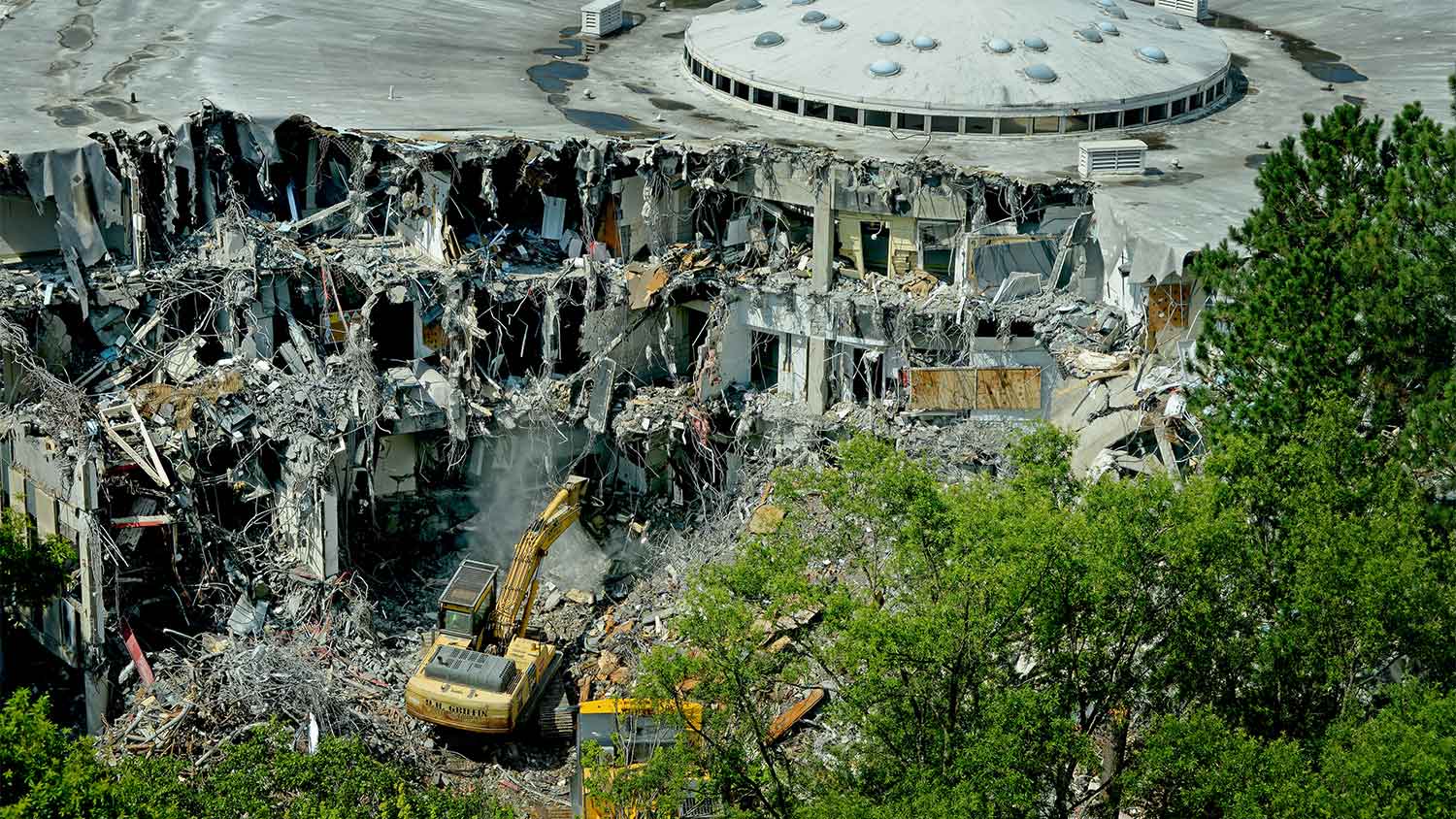
95% of Harrelson Hall’s non-hazardous materials and contents were recycled or salvaged during the university’s 2016-2017 deconstruction of the building.
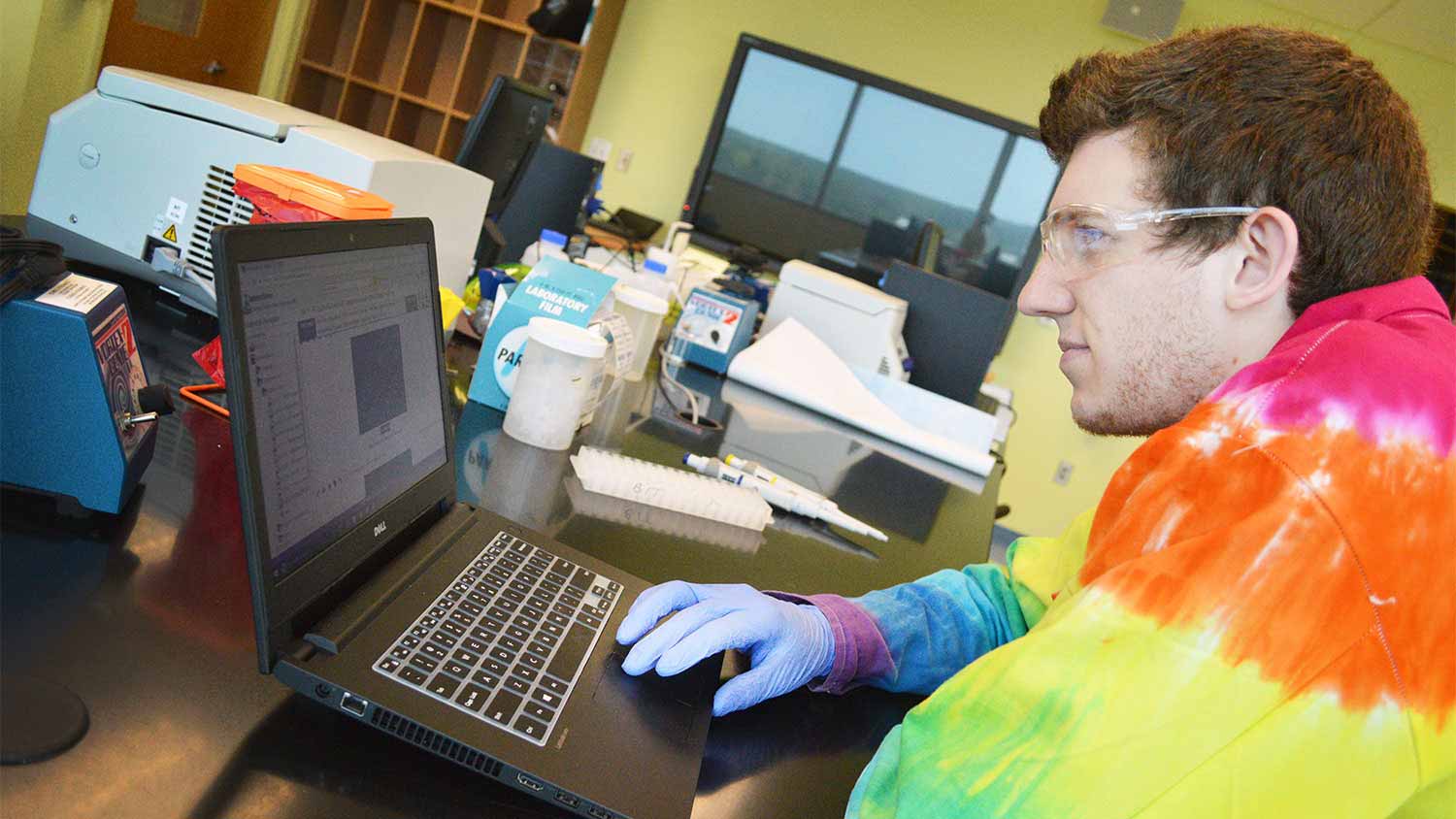
$30,000 in student textbook purchases were avoided in fall 2016 due to several biotechnology labs switching to electronic notebooks, which also improved the learning experience and saved 63,000 pages of paper.
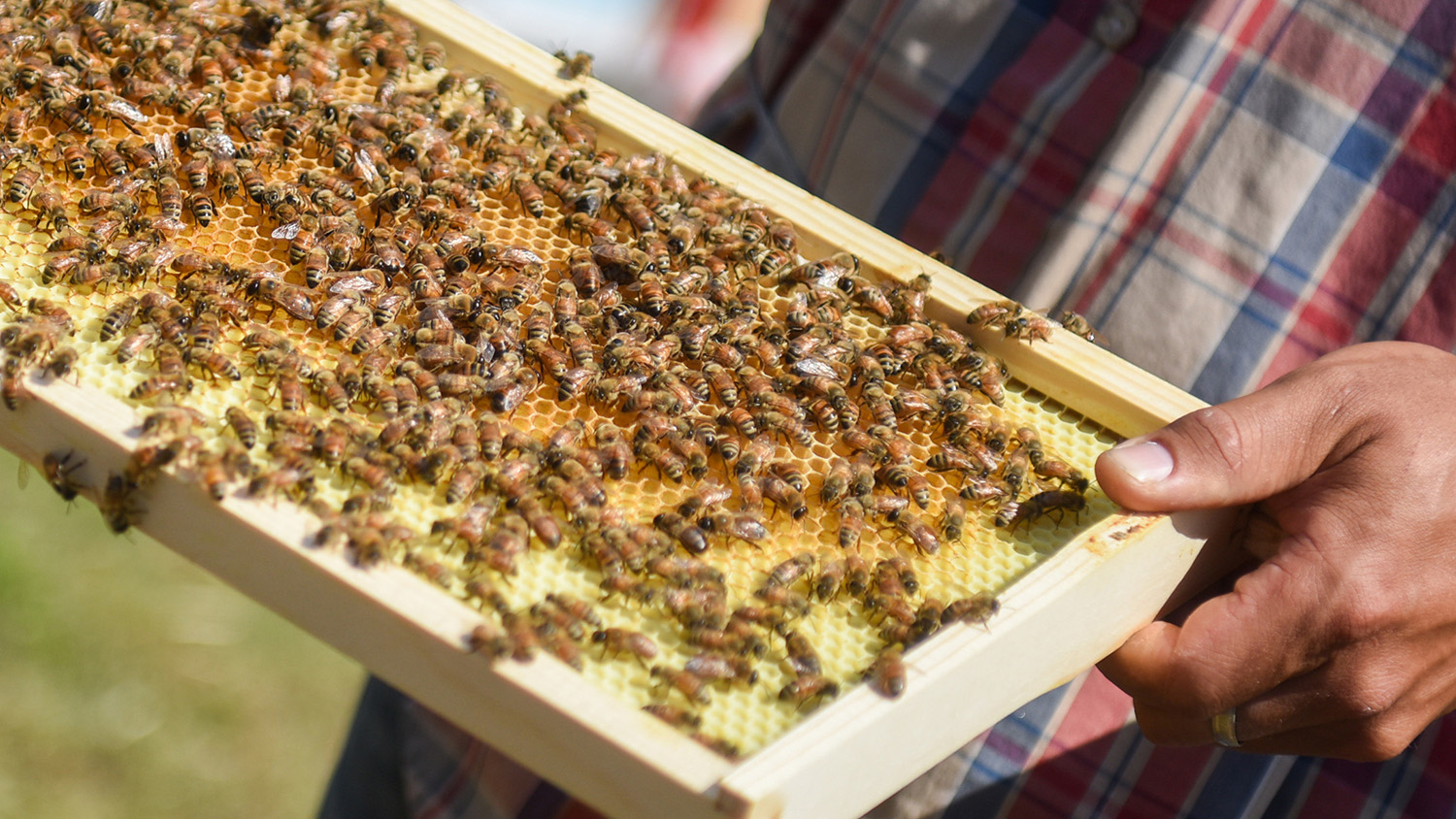
In April 2017, a new Centennial Campus apiary added 150,000 bees in 7 hives to the campus ecosystem. The bees – managed by alumni-owned Bee Downtown – improve local pollination.
NC State earned new LEED Silver certifications for Reynolds Coliseum (2017) and Close King Indoor Practice Facility (2016). The university has 15 LEED-certified buildings totaling more than 1 million square feet.
$123,364 of energy costs avoided during NC State’s 2016 Summer Classroom Energy Saving Initiative.
$294,537 of energy costs avoided during NC State’s 2017 Winter Holiday Energy Saving Initiative.
A reclaimed water system installed in February 2017 collects condensate from Cates Utility Plant and reroutes that water for use in the facility’s cooling towers, producing $6,000 in avoided water costs annually.
Six new campus stormwater control measures were installed during 2017 fiscal year, adding to the 136 existing campus stormwater controls.
LED fixtures and occupancy motion sensors installed in March 2017 in a College of Textiles student lab are expected to save $4,700 annually in avoided energy costs, providing a return on investment in less than six years.
10,000 wild bees on campus were rescued in July 2016 and moved to another area of campus, demonstrating NC State’s commitment to saving pollinators.
750 milkweed plants were added in June 2017 to NC State’s Lonnie Poole Golf Course to restore monarch butterflies, a pollinator whose population is dwindling.
A student-designed aquaponics system grew tomatoes and salad greens in Talley Student Union in fall 2016. The 800-gallon system, which features a tank of up to 15 fish as well as soil-less planting containers, was moved in spring 2017 to the Oval restaurant on Centennial Campus.
3,648 pounds of produce was grown in 2016 on NC State’s Agroecology Education Farm for use in campus dining halls.
34,440 pounds of paper was shredded and recycled at the annual campus recycling drive in March 2017. Also recycled: 10,590 pounds of electronics, 440 pounds of cardboard and 1,000 pounds of rigid plastic.
NC State Athletics and the Waste Reduction and Recycling Office expanded composting throughout Carter-Finley Stadium for the 2016 home football season, resulting in 8,920 pounds of compostable material diverted from landfills. Additionally, recyclables topped 63,280 pounds.
New Zero Waste Workplaces add composting stations, replace deskside trash cans with mini waste bins and add additional self-service recycling and landfill sorting stations throughout three buildings participating in the pilot program.
In 2016, NC State’s Grounds Management began using a new line of electric lawn care equipment, which reduces noise and air pollution.
667 participants in WolfTrails, NC State’s alternative commuting program for employees and students.
5,058 GoPasses (regional transit cards) were issued with total ridership of 281,881 trips.
183,524 gallons of fuel used by the Facilities Division, one of the university’s largest fleets.
Tons of campus material recycled, composted, reused and landfilled:
- 4,714 landfilled
- 2,255 composted
- 1,848 recycled
- 265 reused
Communications, Honors and Awards
2016-2017 Progress and Highlights
By The Numbers
1,067 incoming students in 2016 requested information about campus sustainability.
7,799 followers on NC State’s sustainability social media accounts.
124 sustainability-related articles on Newswire, NC State’s internal news sharing website.
4,965 subscribers to NC State Sustainability weekly e-newsletter.
121,495 pageviews on sustainability.ncsu.edu
150+ campus or campus-related events that were sustainability-focused and/or certified for sustainable practices.
Sustainability-Related Recognition
- NC State earned Bicycle-Friendly University (Silver Level) designation
- Greatist.com named NC State one of the 26 Healthiest Colleges in the United States
- NC State Green Brick Awards to Shannon O’Shea (student), Derek Liles (staff), Larry Nielson (faculty), Food Recovery Network (organization) and Zero Waste Workplace (project)
- Sir Walter Raleigh Award for Talley Student Union, in part for its sustainability features
- Sir Walter Raleigh Award for College of Design’s upgrades to a childcare center playground, incorporating design focused on reducing obesity
- City of Raleigh Environmental Awards for NC State’s Zero Waste Workplace and NC State Extension Professor Emeritus Jean Spooner
- Third place in Invest for Impact Case Competition for NC State’s Jenkins MBA student team
- Gold Rating for NC State undergraduate and graduate student chapters of sustainability club Net Impact
- Campus L.E.A.D. Awards for NC State Stewards sustainability leaders and sustainability-related Food Recovery Network
- Second Place in National Association of College Auxiliary Services’ student essay contest for NC State Stewards and their essay about campus waste reduction
- Silver Stewardship Development Award for Talley Student Union at the annual Greater Triangle Stewardship Development Awards